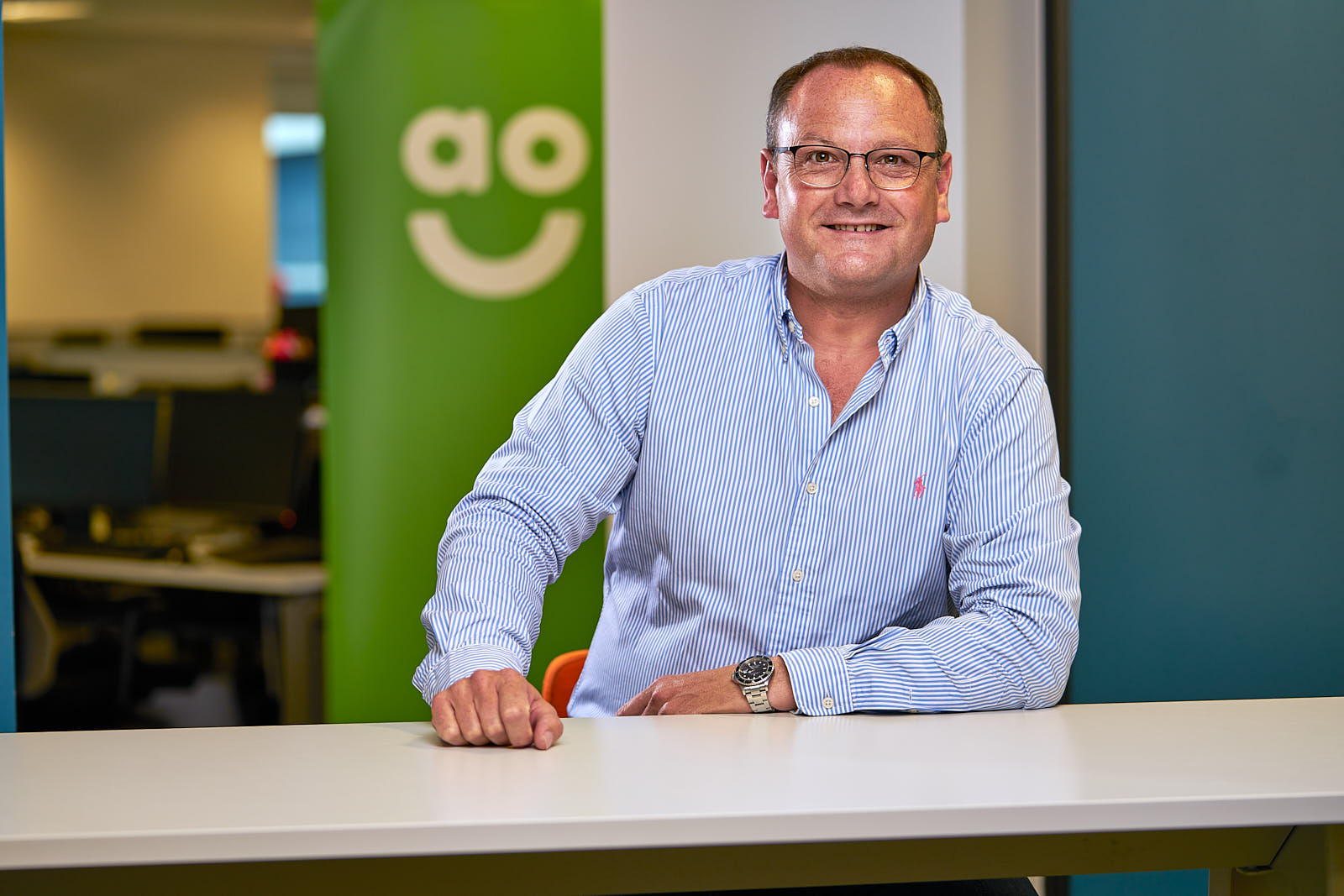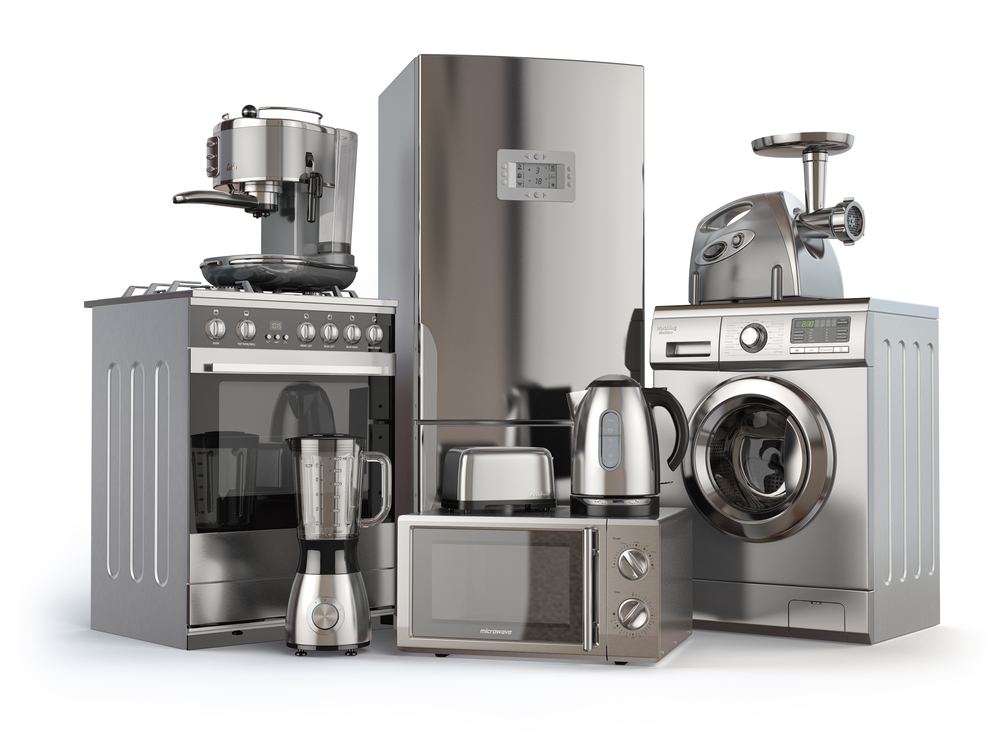OPINION: When I read the results of the recent BIKBBI survey I can’t say I was surprised. The research showed confusion amongst the nation’s kitchen installers about what to do with the old appliances they rip out and who should take responsibility for their end of life. The kitchen installer and retail sector accounts for a decent chunk of new appliances bought each year.
Now, to put this in context, around a quarter of all kitchen and laundry appliances (MDA) sold in the UK each year are through the kitchen installation route. So, just follow this through; the vast majority are replacements, so this means there are a large number of appliances that need to be recycled.

But the research of BIKBBI members shows around a quarter leave old appliances in skips or on the doorstep for collection by scrap dealers. The minute an old fridge leaves a skip or doorstep, there is no guarantee it will be recycled responsibly. There is a huge risk it will either go through an unauthorised recycler where it will get mixed in with other appliances and become incredibly difficult to recycle, be stripped of its value and dumped, or just dumped, another fly-tipped appliance in a country lane. In all three scenarios the environment suffers.
We’ve all seen appliances left in back alleys, on drives or in skips, and wondered where they have ended up. Up until now this has been anecdotal, but this survey gives us a bit more insight into what is happening to old appliances.
Figures
Now, doing a simple back of a cigarette packet calculation, around 4.3 million appliances were sold in this sector in 2020 and 80% were replacements. According to government figures only 35% of MDA was recycled in total through approved authorised treatment facility (AATFs) where the recycling is carried out in accordance with the WEEE regulations, a piece of legislation put in place to prevent electrical items ending up in landfill or worse still, letting their harmful components impact the environment (and the quantities reported are based on the actual number of appliances passing through each plant). Add into the mix this survey’s results which shows around a quarter of fridges from installations may not go through licensed fridge recycling plants.

More work needs to be done on these figures, but it would be fair to say there is a pretty significant number of appliances failing to be recycled by AATFs. Imagine how the WEEE collection figures would look if they flowed through approved routes. By focusing on this sector of the market, making sure that all of the appliances disposed of are processed through AATFs, then overnight the UK could be hitting its WEEE collection rates. That is the real difference this opportunity could make.
Blame
But who is to blame for this? It would be easy and oversimplistic to say installers should take responsibility for the old appliances. Dig deeper in the research and there is a real appetite among installers to do the right thing and recycle. But is it fair and realistic that this is placed at their door? The current regulations are hazy when it comes to responsibility and, when it comes to someone from outside our sector trying to interpret them, they can be forgiven for being confused. Remember the vast majority of installers are small businesses, contending with economic uncertainty, a volatile marketplace, rising costs, skills shortages and red tape. It looks from the research that a lack of knowledge and clear guidance means that, despite the best intentions, recycling drops down their list of priorities.
It would be easy and oversimplistic to say installers should take responsibility for the old appliances
After reading the survey report I rang Damian Walters, CEO of BIKBBI, to understand more about how the sector is dealing with WEEE waste. Damian said that on face value it would be easy to assume that as the installer removes the old appliance, they should know what happens to it next. But, as he explained, you have to understand how the sector operates with installers, often middlemen, installing kitchens directly bought by homeowners from kitchen retailers. At no point have they been involved in the appliance purchasing transaction, they just fit them. Yet, he acknowledged, their part in the process, if harnessed correctly, could send old appliances on the right recycling path.
Education
How do we achieve this? Education and information at the present moment and BIKBBI are already working closely with its members to explain the importance of responsible recycling and the consequences of not. They want to demonstrate a responsible approach to business and by playing a part in this recycling process it allows them to do just that. But the WEEE regulations are up for review and how this “quarter” of waste appliances find their way into the system has to be a key factor in the discussion. Overcomplicated regulations and rules we know hinder recycling, even more so when a supply chain has so many links. Even to a casual observer the most obvious way of boosting recycling of appliances has to be to target this gaping hole.
When the consultation is finally opened, we need to first recognise this gap in the amount of WEEE collected and ask some tough questions about how we incorporate the collection of these appliance. A key factor in successfully plugging this gap will be taking the kitchen installer sector with us. They need to be supported to make this work, because, if we get this right, we could see WEEE collections hit levels previously only dreamed of.
__________________________________________________________________________________
WEEE Conference | 07 Dec | Cavendish Conference Centre
If you would like to discuss, debate and hear an update from the various different market stakeholders then secure your place at the WEEE Conference 2021 today. Whether you are an AATF, producer, compliance scheme, local authority or collector, your views will be represented and this is your chance to share ideas and discover the best path forward.
https://www.letsrecycleevents.com/weee-conference











Subscribe for free